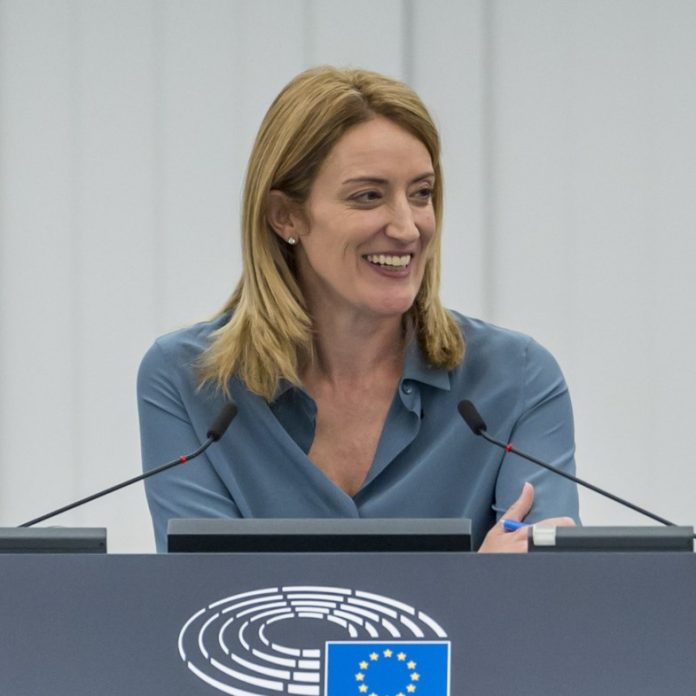In a report adopted on Wednesday, MEPs comment on the state of public access to documents in the EU, and propose improvements to improve transparency.
The report, adopted by the Civil Liberties Committee with 51 votes in favor, 1 against, and 1 abstaining, emphasises the importance of transparency in fighting corruption and ensuring accountability. As a rule, EU institutions should offer to full access to official documents in a user-friendly and machine-readable format, with confidentiality as the exception, say MEPs.
MEPs argue that document access requests to EU institutions are too often refused on spurious grounds, even when publication would be necessary for the public interest and for good governance. Even when there are confidential sections to documents, parts of them could still be released, say MEPs, who find that citizens also don’t have viable options for challenging decisions to refuse access. They call on institutions to develop more accessible procedures for handling complaints on access are needed, with independent, senior officials able to review appeals against decisions.
Increasing transparency and accountability
MEPs are concerned about the handling of crucial text messages between the Commission President and the CEO of a pharmaceutical company regarding the purchase of COVID-19 vaccines. They argue that text messages should be considered working documents, and EU institutions should follow the Ombudsman’s guidance on how to record messages when these relate to professional activity. The Commission should implement the Ombudsman’s recommendations on text messages and update its internal guidelines to also register text messages when these are related to policy decisions, argue MEPs.
According to the text, transparency reforms at the Parliament are also needed. MEPs would like a mandatory requirement to publish all meetings with external people when the meetings are related to legislation or resolutions. MEPs note that a process is already underway within the Parliament, with a special committee tasked with identifying issues and proposing reforms. In addition, a reform plan proposed by President Roberta Metsola and endorsed by the Conference of Presidents is currently being implemented, and the Parliament’s Committee on Constitutional Affairs is preparing a revision of its Rules of Procedure.
MEPs welcome the Commission’s stated intention to follow a “transparency by default” principle. On the other hand, the Commission and Council should work with the Parliament to expand the scope of the twenty-year old EU law on public access to documents. MEPs also ask institutions to hold fewer meetings behind closed doors, and the Commission to publish more data and statistics on the effectiveness of EU policy, citing justice and home affairs as an area where more such information is needed. To ensure that policy can be scrutinised by the public, documents should be published in an open, accessible and machine-readable format, they argue.
Next, the plenary of the European Parliament will vote on the text. It is currently scheduled for a vote during the session of 12-15 June.

